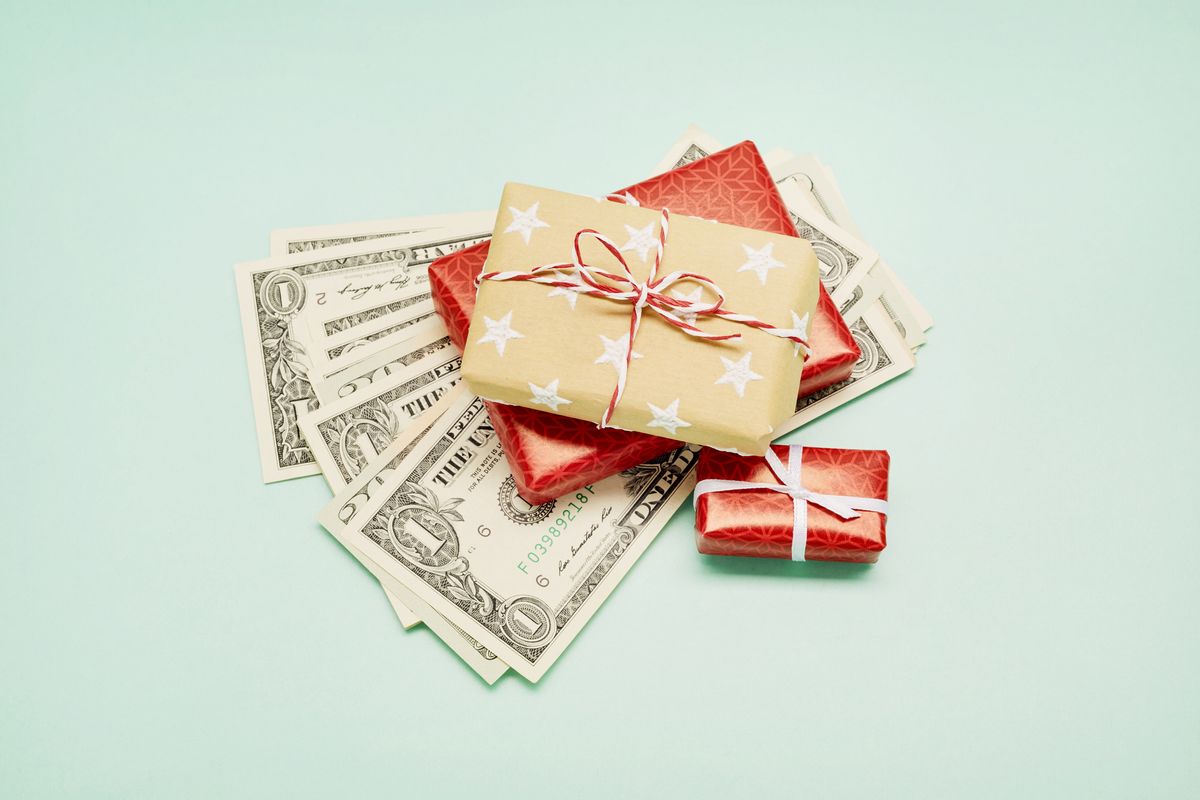Shopping
Despite Unease About Economy, Holiday Shopping Expected to Reach…

Worries about the nation’s economy helped determine the presidential election. But they don’t seem to be influencing holiday shopping lists.
“Holiday spending is somewhat insulated from the impact of inflation,” said Jie Zhang, Dean’s Professor of Marketing and the Harvey Sanders Fellow of Retail Management at the Robert H. Smith School of Business at the University of Maryland. “Voters are mostly concerned about rising costs of everyday essential spending, like on groceries, rent, mortgage payment and transportation, but they still see the holidays as a unique time to indulge.”
Consumer spending this holiday season is expected to reach a record $902 per person—$25 higher than last year’s average, according to the National Retail Federation. It also predicts that spending could reach $989 billion in November and December—a 3.5% bump from last year. Other forecasters cite increases of up to 7%, with spikes expected in online shopping, heightened demand for holiday “experiences” and, for higher-earning households, an acceptance of higher prices.
And while the roller-coaster of the election is technically behind us (reason enough for this to be the most wonderful time of the year), Zhang said it will still shape how we shop in the coming weeks. She recently shared her insights with Maryland Today.
Black Friday no longer the kickoff day
Thanksgiving this year falls as late as the calendar allows, condensing the traditional holiday shopping period beginning with Black Friday. But that date is no longer the start of the shopping season and has become more of a concept, while Black Friday-like sales events now begin in early November and carry into December, Zhang said.
Seventy-five percent of shoppers intended to shop for holiday items in October and November, up from 61% last year, according to the consulting firm Deloitte, and retailers are meeting the demand: Walmart launched its Black Friday deals on Nov. 11 this year, while Amazon rolled them out on Nov. 21.
“Everyone’s trying to get a head start, and this year it’s reaching a new level,” Zhang said.
For online retailers, the elongated Black Friday timeframe also eases pressure to churn out deliveries at a frenetic pace. “Spreading out deals over a wider window offers relief,” she said.
Still, some retailers are hewing to old-school Black Friday concepts. Want to score Taylor Swift’s new “Eras Tour” book? You’ll still have to visit a physical Target location the day after Thanksgiving.
Political headlines aside, higher earners, Gen Z ready to spend
While exit polls from the election suggest voters are frustrated with the costs of groceries and housing, Zhang pointed out that the stock market has reached record highs, and the labor market remains strong, even if the unemployment rate inched up in 2024. Wage growth is outpacing inflation, and consumers collectively enjoy higher purchasing power. But wealth and income distributions are highly skewed, and as a result, consumers are split, Zhang said.
“People at the higher end of the income spectrum, especially those who have reasonable holdings in the stock market, have seen robust growth of their personal wealth in recent years, and they are making a large contribution to holiday spending,” she said.
Income levels aside, Gen Z has also emerged as bigger spenders as they continue to enter the workforce: Their holiday budgets have grown by 59% over the past two years, according to PricewaterhouseCoopers.
That said, plenty of Americans are pinching pennies this year, and retailers have responded by expanding discounts. “With inflation squeezing their budgets, many consumers are becoming even more price-conscious and deal-prone,” Zhang said.
Blame politics for increased spending—on ourselves
After a tumultuous political year, shoppers are poised to treat themselves a little more this season.
“The election has created a lot of stress and anxiety, regardless of where someone stands on political issues. Now that it’s over, there’s a widespread desire for self-care and a bit of self-indulgence,” Zhang said.
That mentality could manifest even in spending increases at thrift stores and online resale platforms. The pattern is primarily driven by younger consumers, who are looking to treat themselves with secondhand luxury goods. “They’re particularly conscious about saving money while being more sustainable in the meantime,” Zhang said.
The election hangover might also explain an expected 16% surge in spending on holiday “experiences,” according to Deloitte. That jump continues a post-pandemic emphasis on entertainment, dining and traveling—”a trend that will definitely exhibit in larger scale during the holiday shopping season,” Zhang said.










